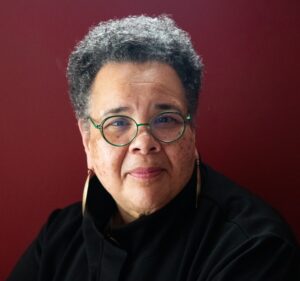Select an item by clicking its checkbox
(An audio recording of this blog may be found here.) With people all around the globe, my attention was captured by the Paris 2024 Olympics. I tuned into the TV coverage as often as I could. Watching world class athletes perform their craft is spellbinding. Athletes performing at the highest level, ...
(An audio recording of this blog post may be found here.) One of the first requests I received in my new role as Director of the Wabash Center was to convene a group of “late-career” scholars. I said no. The friend requesting the workshop explained that they had participated in ...
An audio version of this blog post may be found here. It was the first morning of my vacation. The restaurant at the resort had a waiting list for breakfast patrons. The hostess took my phone number and said I would be called when a table opened. I thanked her ...
(An audio recording of this blog may be found here.) Classroom spaces are places of intimacy and influence. Teaching is a human-to-human encounter. Course planning typically focuses on the many ways the academic content shapes, forms, and informs students. In our planning, what we too often underestimate, and under plan ...
(An audio version of this blog may be accessed here.) The rank of senior scholar is the highest and most revered. The hierarchy of the academy creates senior scholars by assigning newly minted faculty with the status of junior scholar, then over several years through a process of review, tenure ...
